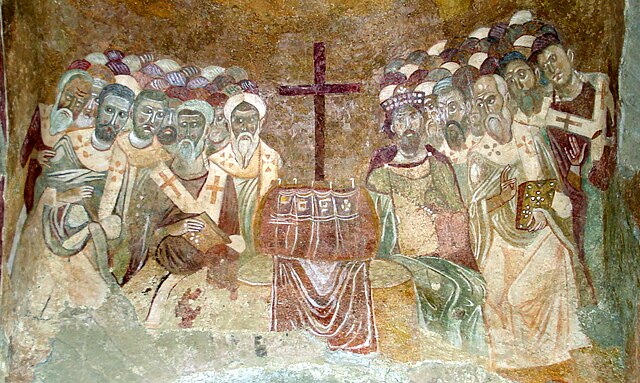
I do not understand that discipline called “Ethnography,” which seems to me the validation of a prejudice by means of an excursion.
One can no more understand the operation of other cultures from observation than can one so understand the sexual act.
Observation, in the case of each, is missing the point, and Ethnography, or “Anthropology,” rests on a false assumption: that one may be free of prejudice.
Hugh Hewitt interviewed David Mamet, the legendary playwright who has recently “come out” as a conservative, a couple weeks ago. They were discussing this book, Three War Stories. They concentrated on the first story of this collection, The Redwing, which Mamet described as a novella dually inspired by George MacDonald Fraser’s Flashman books and Patrick O’Brien’s seafaring novels. So naturally I had to buy it.
This is one of those profound, densely packed works that probably ought to be read multiple times, and I’ve only read it once. But I enjoyed it, particularly the iconoclastic elements, which are many. I’m just not sure I entirely grasp the themes.
The Redwing is a very complex story, ostensibly narrated by a former sailor, galley slave, and spy who later became the author of popular novels based on his own adventures. He does not tell his story directly, but as a series of commentaries on his books, with which he assumes the reader is already familiar. So we have to piece his real story together, in non-chronological fashion. Thus we’re dealing with a story on numerous levels – “factual” (though fictional) notes on a fictional work, based on supposedly factual events. This allows the author to play with the problems of the veteran who has a need to tell his story, but not all of it. He protects his country, first by risking his life, and then by concealing part of the truth from it.
Notes on Plains Warfare is an examination (which I thought extremely apt) of the dynamics of a war in which one side had a strong moral case, superior tactics, and greater resolve, but was crushed by an opponent simply more numerous, technologically superior, and more pragmatic. It is presented in the form of another memoir, by an American army survivor.
The last story, The Handle and the Hold, is a more matter-of-fact story, a little more linear than the other two, about two Jewish friends, a cop and a gangster, who join together to do a secret mission for Israel shortly after the end of World War II.
Definitely worth reading, but more work than the fiction I usually review. Cautions for language and mature subject matter.
Like this:
Like Loading...







